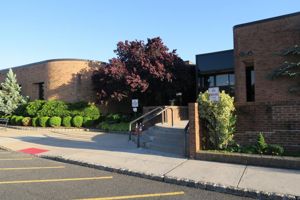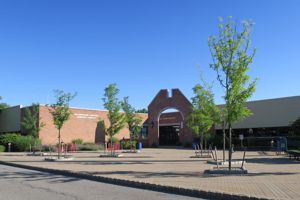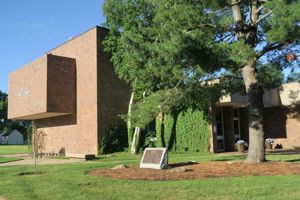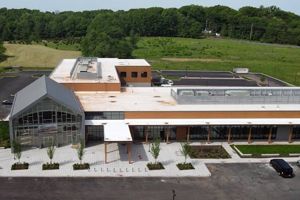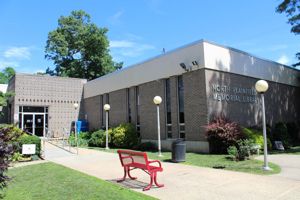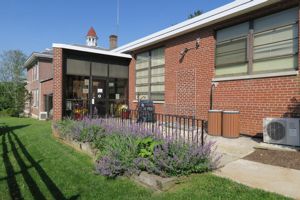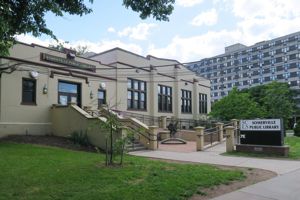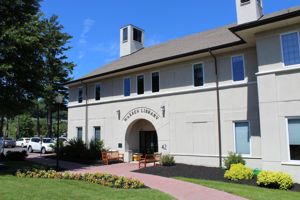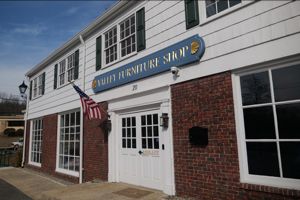Discover the History of the Farm-To-Table Movement at SCLSNJ
About Blog Post
May 16, 2019
by Pressroom
Today, the farm-to-table renaissance has assisted in rejuvenating farming and helped to inspire a more vibrant restaurant scene. In partnership with the National Endowment for the Humanities (NEH), the Somerset County Library of New Jersey (SCLSNJ) will explore the evolution of the farm-to-table movement through a film screening and panel discussion.
On June 3 from 7-8:30 p.m, the Bridgewater branch, located at 1 Vogt Drive in Bridgewater will screen the film “Farming in the Millstone Valley: Past and Present.” Following the screening, Library customers will connect with leaders of the local farm-to-table movement, including Executive Chef of the Ryland Inn Chris Albrecht, and thePresident of the NJ Farm Bureau Ryck Suydam, through a panel discussion.
“Understanding history adds more ‘flavor’ to the farm-to-table [movement] by appreciating the time, work, and changes of the farms and farmers providing the food to local consumers,” said Suydam.
“We take our local farms for granted, we drive by them, we buy their produce during the summer, but how much do we know about their history?,” said Marcela Dunham, system program coordinator, adult services. “This documentary takes us back in time, to the origins of local farms located in the Millstone Valley area. Vintage images and film clips bring us closer to understanding the evolution of farming as key industry in Somerset County’s history.”
Produced by the Millstone Valley Preservation Coalition with funding from Somerset County and the State of New Jersey, this documentary covers local agriculture right up to the present day farm-to-table movement. Discover the history of the correlation between farming and food. Registration is required: sclsnj.libnet.info/event/951568.
The Somerset County Library System of New Jersey Common Heritage initiative has been made possible in part by a major grant from the National Endowment for the Humanities: Exploring the human endeavor. Any views, findings, conclusions, or recommendations expressed in these Library programs do not necessarily represent those of the National Endowment for the Humanities.
